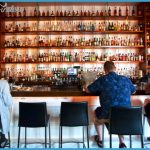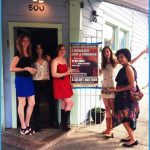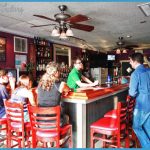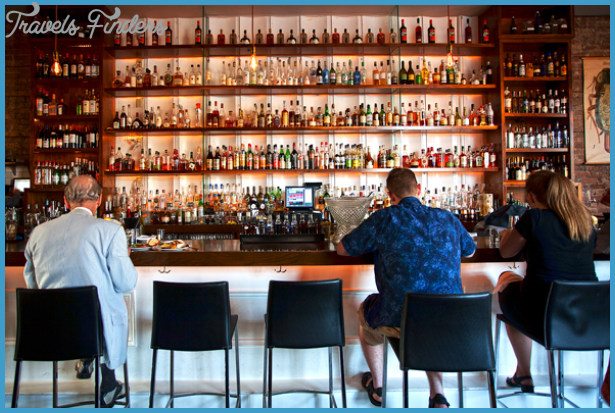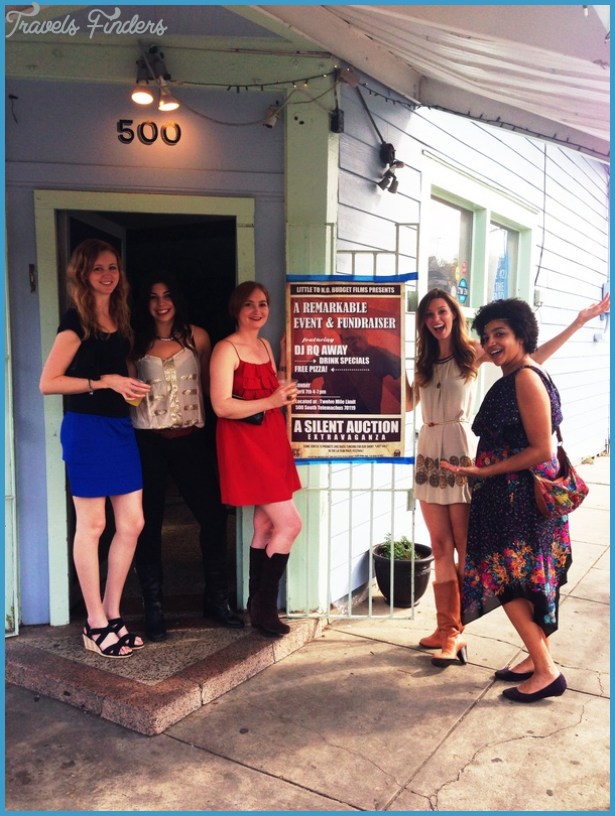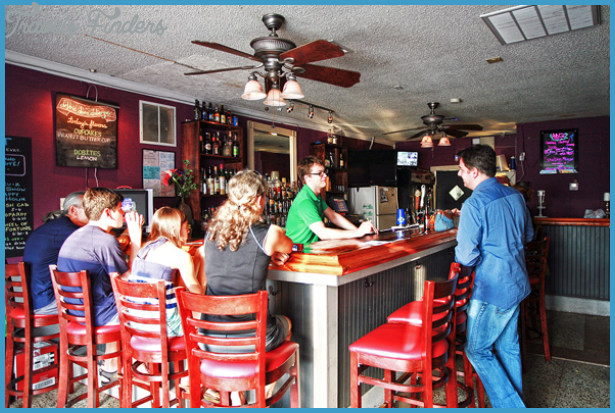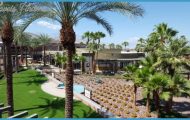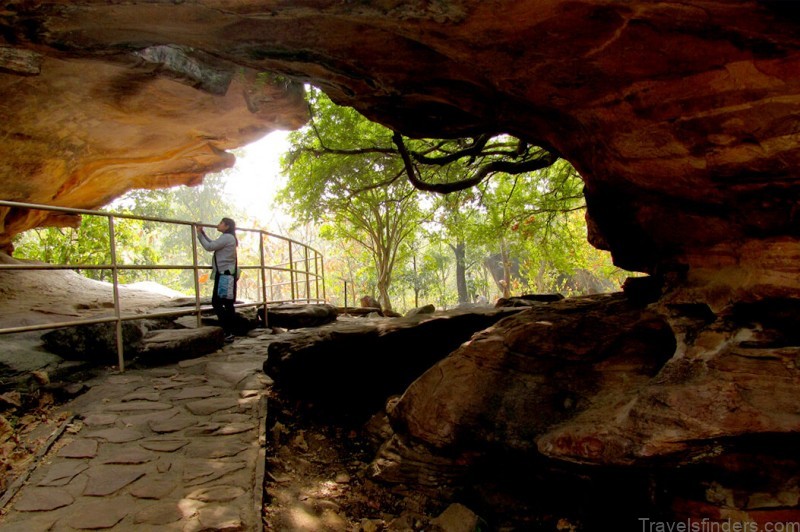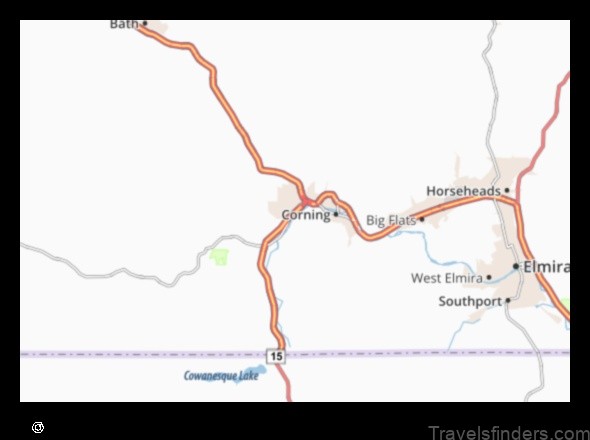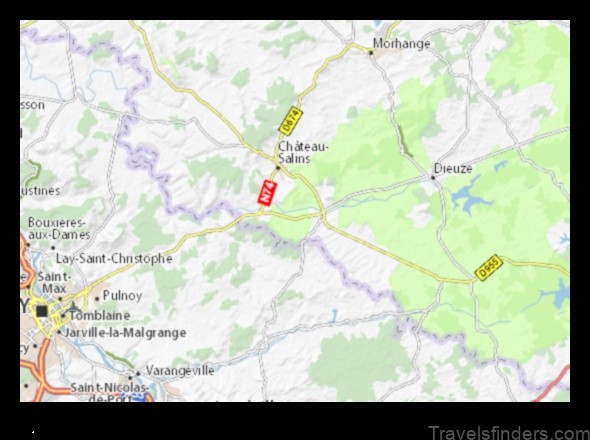When T. Cole Newton opened Twelve Mile Limit back in 2010, his goal was to create a neighborhood cocktail bar, a new concept in New Orleans. Back then, if you wanted a well-made cocktail, you had to go to a high-end establishment and be prepared to pay a high rent for that fancy drink and fancy chair. If you went to your local watering hole, you ordered whiskey and soda, paid cash, and liked it. Newton was savvy enough to see where the wind was blowing in the cocktail world, and he took his experience making drinks at Commander’s Palace and brought it to slightly dive-ier environs. The casual atmosphere and funky decor belie the thoughtful, well-made libations. $7 craft cocktails in your neighborhood bar? Can’t afford not to.
Favorite drinks include the namesake Twelve Mile Limit, a mixture of rum, brandy, rye, lime and pomegranate syrup; and The Baudin (the name of the bar’s cross street), a spicy concoction of whiskey, honey and cayenne. A small but curated bottle and draft list keep beer fans happy. The kitchen serves good BBQ, a great base for boozing, and the patio in back offers a bit of quiet when the bar gets crowded and noisy. Twelve Mile’s calendar is full of trivia nights, comedy nights, live dating games, and a regularly occurring Heatwave Dance Party, but my favorite nights at the bar involve chatting with friends or the bartender about local city gossip. It’s nice to have the option of a place like Twelve Mile Limit, where you can drink a perfectly made Old Fashioned in a tank top and shorts while watching a live dating show called The Hump Connection.
Pauline and Stephen Patterson
When I asked Pauline and Stephen Patterson what brought them to New Orleans, Stephen laughed and said “Oh, it’s a cliche. We got off the boat (OK, the plane) with $100 in our pocket.” Pauline corrected him, saying “No, actually he had $175 and I had $200.” In college, the two had fallen in love with the city on a vacation in 1988. When they graduated in 1990, they crossed the pond to start a life in New Orleans.
Both worked as bartenders in Irish pubs in the city, and both were told by patrons that they should open their own place. So, in 2002, while Pauline was working as a real estate agent, the two bought a rundown building on Banks Street in Mid-City that even her clients didn’t want. After a significant renovation, they opened Finn McCool’s, or “Finn’s” if you’re a local.
The Pattersons’ vision of Finn’s was always informed by how pubs function in Ireland. They are not merely places to get a beer; they are community centers. As Stephen puts it, “If you need a job, you come to Finn’s; if you need your roof fixed, you come to Finn’s; if you need someone to watch your dog while you are away, you come to Finn’s.” Neighbors responded to this ethos, and soon Finn’s became a hub for this section of Mid-City.
Then Katrina destroyed the bar. For a time, the Pattersons considered leaving. Their insurance company, like many others at the time, refused to honor their policies. They had no source of income. But soon residents came by with offers of help, and Finn’s became a shining beacon of possibility in a sea of darkness and desolation. The Pattersons threw five parties over the course of the renovation, marking moments of progress. The first party happened when they’d completed the demolition and the place was gutted, and the last occurred when the electricity was finally turned on. They did not charge anyone to come to any of these celebrations. Stephen remembers that at the last party, there were more people behind the bar than in front of it. “Everyone felt a part of the place.” Some had washed the building, some had fixed a door, some had painted. “They told us they would not have been back in New Orleans if it hadn’t been for us. But we wouldn’t have been back if it wasn’t for them.”
It is this acknowledgement of the interconnectedness of the Pattersons and their work with the neighborhood and the city that led them to open their second spot, Treo. “Everyone always told us we should open a bar Uptown, but we didn’t want to dilute Finn’s.” Pauline noted that Mid-City needed another “date night” place, so in 2012, they bought a dilapidated bar on Tulane Avenue and turned it into a charming spot that also functions as a gallery for local artists’ work. Pauline went to art college and, when possible, tries to add to the beauty of the city, in particular Mid-City. This led her to work with the City Council to expand the Museum and City Park Cultural Products District to include Tulane Avenue. Buildings in this area are able to sell art at discounted tax rates as well as receive tax credits when they renovate structures within its boundaries. Pauline worked to create this designation so that other folks would be incentivized to help improve the avenue despite the fact that she and Stephen had already finished Treo and would not receive the benefits.
“I learned a long time ago that I can’t fix everything that is wrong here. I can only do my part and encourage other people to do their part.” That sensibility defines the Pattersons and their properties. Whether the bars are hosting artists’ work, fundraising for charity, or merely introducing two neighbors to each other, they want to make the city they love as good as it can be. As Stephen notes, “We want people to get more out of Finn’s than we get out of them.” How nice when all of that can happen over a pint.
Central Business District and Warehouse District
Standing among the multi-story hotels, condos, and office buildings of the Central Business District, it’s easy to forget that this part of town was once as residential as the French Quarter. Unfortunately, most of the houses built then were torn down in the early twentieth century to create hotels, high rises and city government buildings. Further upriver is the Warehouse District, named for the many warehouses that stored cotton, sugar, and coffee back when port activity still happened near here.
This section is also home to many buildings that once served as “exchanges” where these commodities were traded. Now they, too, are condos, full of people instead of cotton. The bars here really serve the people who work here. If you are looking for places with happening happy hours, this is ground zero.

